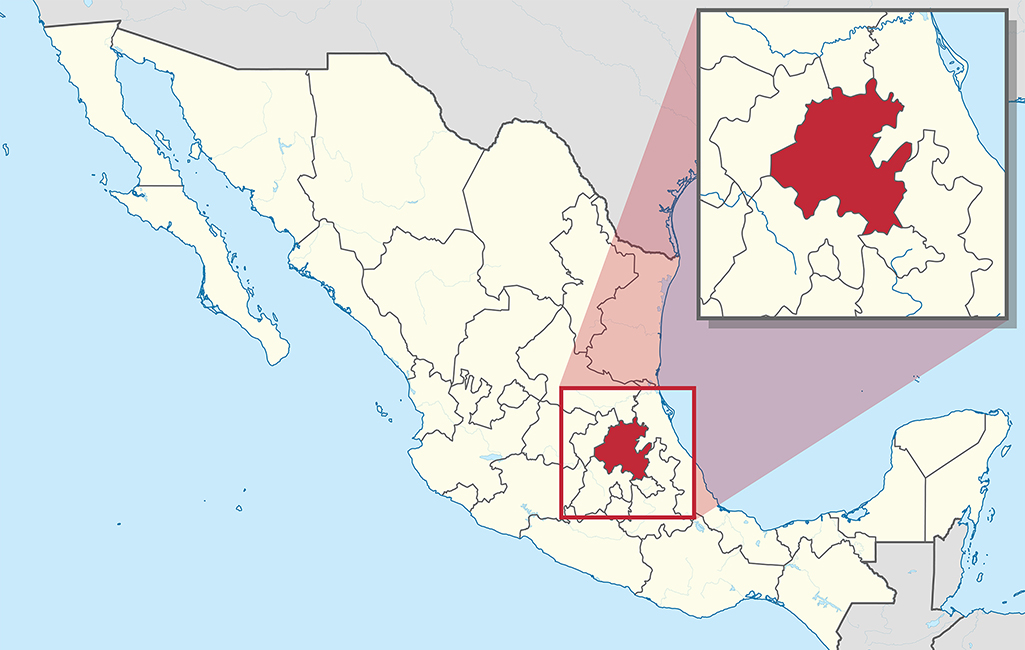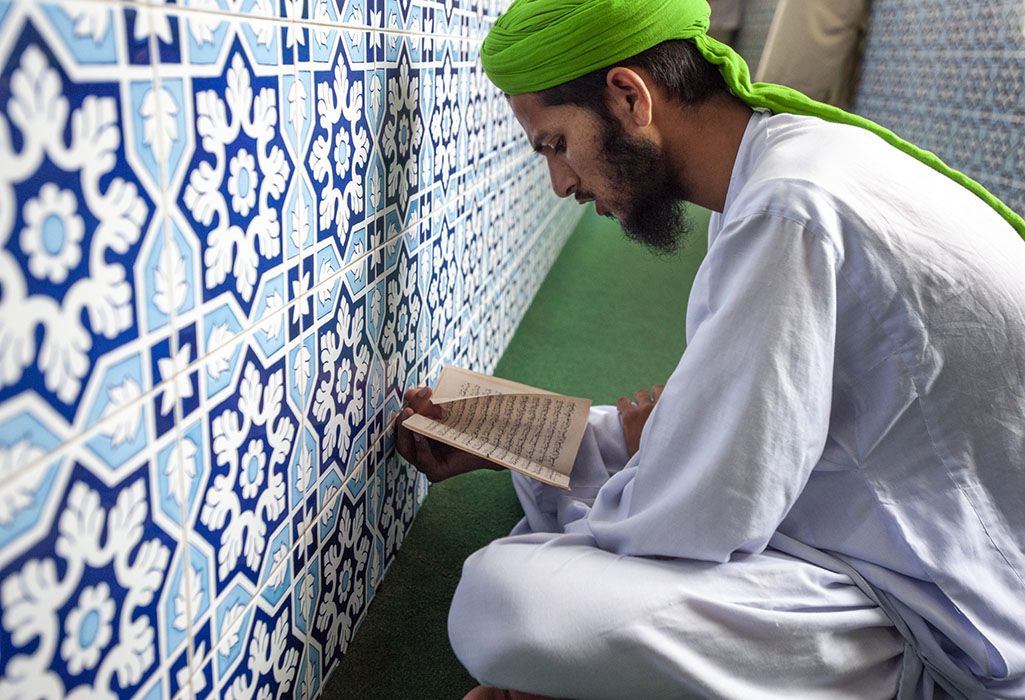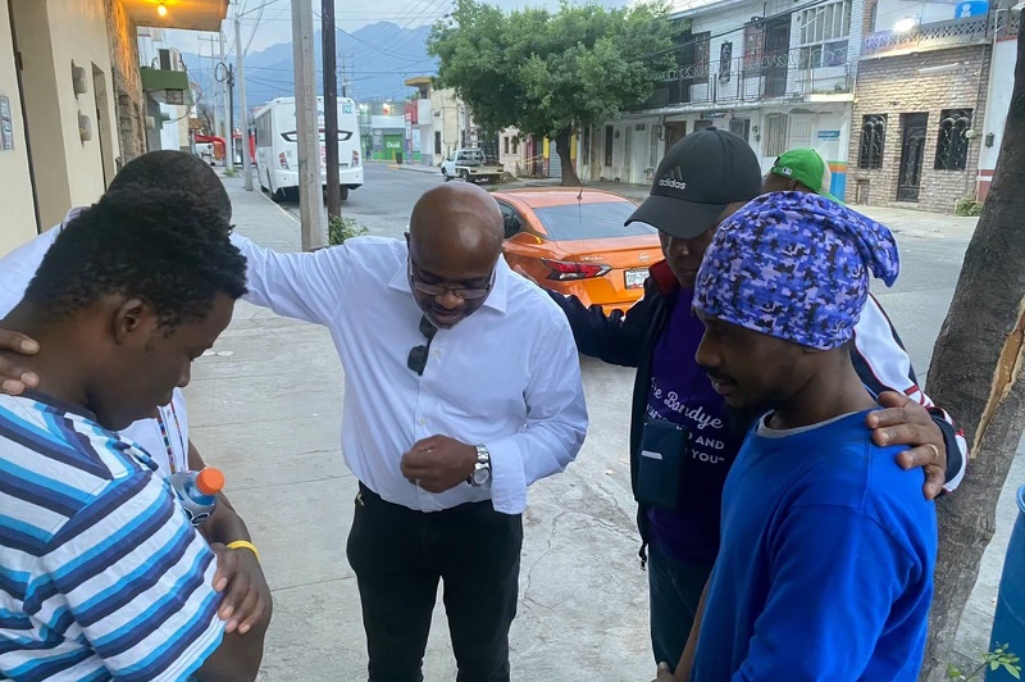
State of Hidalgo in Mexico.
HIDALGO, Mexico – A Baptist woman is hospitalized in critical condition after a beating tied to unjustly applied local customs and laws in an indigenous Catholic community in Mexico, Christian Solidarity Worldwide (CSW) reported.
Catholic leaders are accused of severely beating Maria Concepcion Hernández Hernández because of her Baptist faith.
Hernández Hernández, a member of the Great Commission Baptist Church in the majority Catholic community of Rancho Nuevo, was not expected to live after the leaders tied her to a tree and severely beat her Dec. 21, Anna-Lee Stangl, CSW joint head of advocacy, told Baptist Press Jan. 5. Hernández Hernández’s pastor, Rogelio Hernández Baltazar, was beaten and detained when he intervened, CSW reported, referencing local sources.
The beatings allegedly stemmed from a dual legal system in Mexico that allows local indigenous communities to govern based on customs that vary by village, Stangl said, known as the Law on Uses and Customs.
“Some of these villages interpret that as, they can mandate what everyone in their village believes and practices,” Stangl said of the uses and customs laws. “The law actually says that it has to be operated in accordance with the constitution and human rights protections. But in practice, the government very rarely intervenes to make sure that that’s done.”
Since 2015, the indigenous community has prohibited Protestants and other religious minority landowners from accessing their land or cultivating crops. Among the 450 residents of the village, about 160 are members of the Baptist church, CSW told Baptist Press.
“The Baptist church has been growing even in the midst of the aggressions,” CSW quoted a source.
The U.S. Department of State, in its 2021 Report on International Religious Freedom; the United States Commission on International Religious Freedom, in its 2017 Annual Report; and persecution watchdog Open Doors International, in its 2021 World Watch List of countries where Christians face the most persecution, have all reported that customs and use laws have led to the persecution of religious minorities.
Persecution from customs and use laws is more common in isolated communities with large indigenous populations, Stangl said, particularly Hidalgo, Guerrero, Chiapas, Oaxaca, Puebla and Michoacán.
CSW has asked Southern Baptists to pray for the communities and advocate with U.S. congressional leaders for intervention.
“This case is really typical in that it’s been going on for at least seven years,” Stangl said of the Rancho Nuevo case. “It began with the village taking away the basic rights of the Protestants and telling them they couldn’t vote anymore, they could no longer access medical services. In 2018 they forbade their children from attending the local school. … Then it escalated to what we saw on the 21st of December.”
Hernández Hernández was attacked when she visited a plot of land she owns after a neighbor asked her to remove two trees, CSW reported, a move that might have been designed to intentionally draw Hernández Hernández to her attackers.
“Local leaders in Rancho Nuevo … who all belong to the Roman Catholic religious majority in the village, participated in the attack after being informed of her presence,” CSW said in a press release.
Hernández Hernández was able to report the incident to police and return home, but was hospitalized after she began vomiting blood the evening of the assault. A diabetic, she developed complications that have worsened her prognosis, CSW reported.
“The doctors are not optimistic she’ll recover,” Stangl said. “We’re praying for her, for a miracle.”
No arrests have been made in the beating, despite the alleged perpetrators being identified by name.
“The life of a woman hangs in the balance and a community is living in fear because, despite ample evidence of serious violations of freedom of religion or belief in Rancho Nuevo for more than seven years, the Mexican authorities have failed to intervene,” Stangl said in the press release. “Instead, Hidalgo State government officials, under the previous governor, have for years publicly denied the existence of cases of religious intolerance in the state.
“We hold these authorities, alongside those directly involved in the attack, responsible for the events of 21 December.”
The indigenous Catholic leaders have demanded that Baltazar hand over deeds to 10 plots of land owned by members of the Baptist church and, when Baltazar refused, threatened to take the documents and land by force. Also, in the event of Hernández Hernández’s death, they have denied her the right to be buried in the village.
CSW documented such persecution in a 2021 report on the lives of religious minority indigenous women in Mexico, “Let Her Be Heard,” available here.
Mexico’s population of 130.2 million people is 78 percent Roman Catholic and about 10 percent Protestant or evangelical Christian, the U.S. State Department reported in its 2021 report. About 8 percent don’t practice any religion, with the remaining 4 percent composed of Jews, Jehovah’s Witnesses, members of the Church of Jesus Christ of Latter-day Saints and Muslims, the state department reported.
(EDITOR’S NOTE – Diana Chandler is Baptist Press’ senior writer.)


